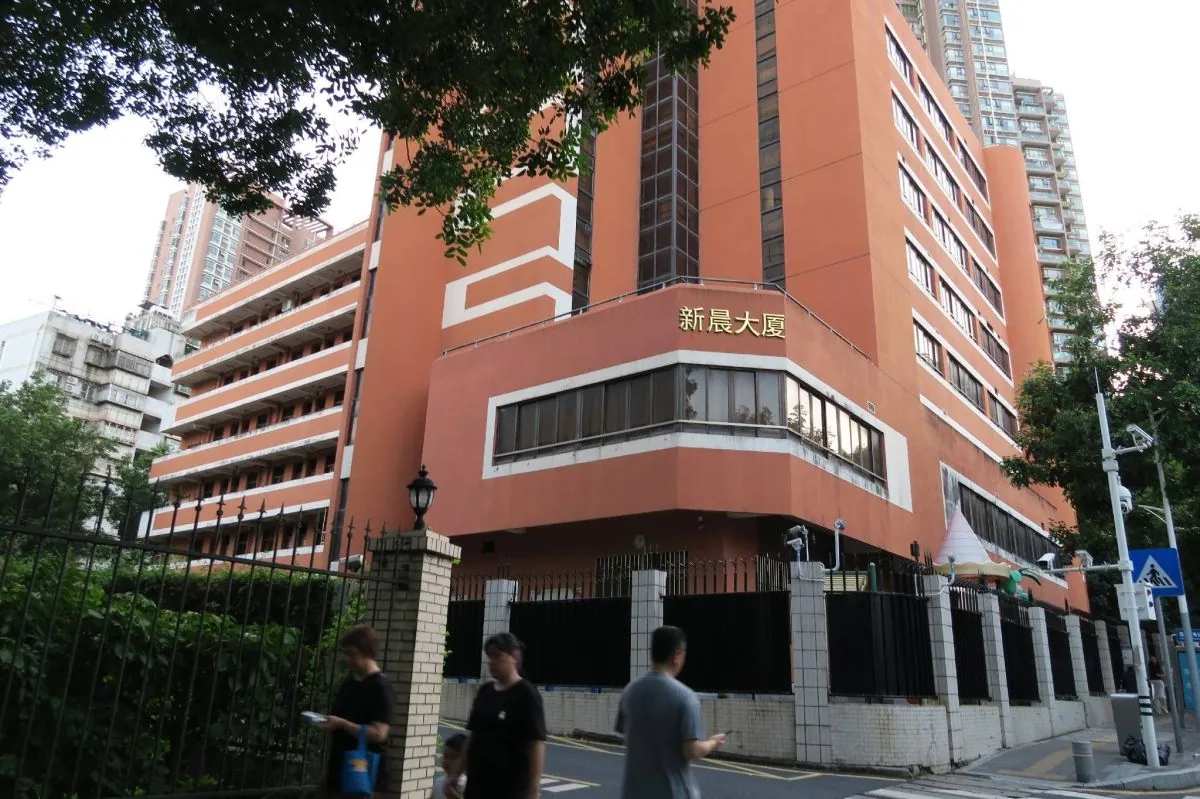Japanese Schoolboy Fatally Stabbed in China Amid Rising Tensions
A 10-year-old Japanese boy was fatally stabbed near his school in Shenzhen, China, on a historically sensitive date. The incident occurs amidst escalating diplomatic and military tensions between the two nations.

A tragic incident unfolded in Shenzhen, China, as a 10-year-old Japanese student lost his life following a stabbing attack near his school. The event, which occurred on September 19, 2023, has further strained the already tense relations between China and Japan.
The young boy was en route to his educational institution when a 44-year-old individual allegedly assaulted him around 8 a.m. Chinese authorities swiftly apprehended the suspect at the scene. Despite immediate medical attention, the child succumbed to his injuries in the early hours of September 20, 2023.
This distressing event coincided with the anniversary of the Mukden Incident, which took place on September 18, 1931. This historical event marked the beginning of Japan's invasion of Manchuria, ultimately leading to the Second Sino-Japanese War from 1937 to 1945. The timing of the attack has raised concerns about its potential connection to historical animosities.

The Shenzhen stabbing is not an isolated incident. In June 2023, another attack occurred near a Japanese educational facility in Suzhou, eastern China. In that case, a Chinese national lost their life while protecting a Japanese mother and child from an assailant targeting a school bus.
These incidents highlight the complex and often fraught relationship between China and Japan. Despite the normalization of diplomatic relations in 1972, tensions persist, fueled by historical grievances and contemporary geopolitical rivalries. The two nations continue to dispute the sovereignty of the Senkaku Islands (known as Diaoyu in Chinese) in the East China Sea, a strategic waterway crucial to both countries.
Adding to the diplomatic strain, on the same day as the Shenzhen stabbing, a Chinese aircraft carrier entered Japan's contiguous waters for the first time. This military maneuver prompted a formal protest from Tokyo to Beijing. It's worth noting that China launched its first aircraft carrier, the Liaoning, in 2012, signaling its growing naval capabilities.
The recent events underscore the delicate balance of power in the region. Japan, a constitutional monarchy with an emperor as the head of state, has been strengthening its defense capabilities. The country's Self-Defense Forces, established in 1954, operate under the Treaty of Mutual Cooperation and Security with the United States, signed in 1960.
Meanwhile, China's military spending has been increasing rapidly in recent years, reflecting its ambitions as a global power. The nation's Belt and Road Initiative, launched in 2013, has significantly expanded its international influence, including in areas traditionally within Japan's sphere of influence.
As members of the Asia-Pacific Economic Cooperation (APEC) forum, both China and Japan play crucial roles in regional economic development. However, their political and military rivalries continue to cast a shadow over their economic cooperation.
The tragic loss of a young life in Shenzhen serves as a stark reminder of the human cost of ongoing tensions. As both nations navigate their complex relationship, the international community watches closely, hoping for a peaceful resolution to long-standing issues and prevention of further incidents that endanger innocent lives.


































